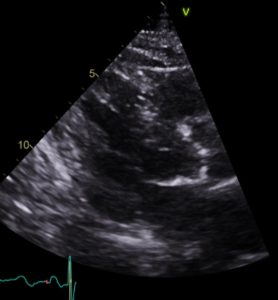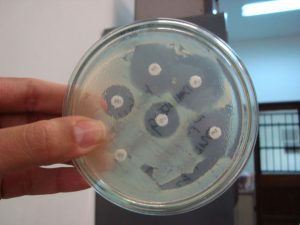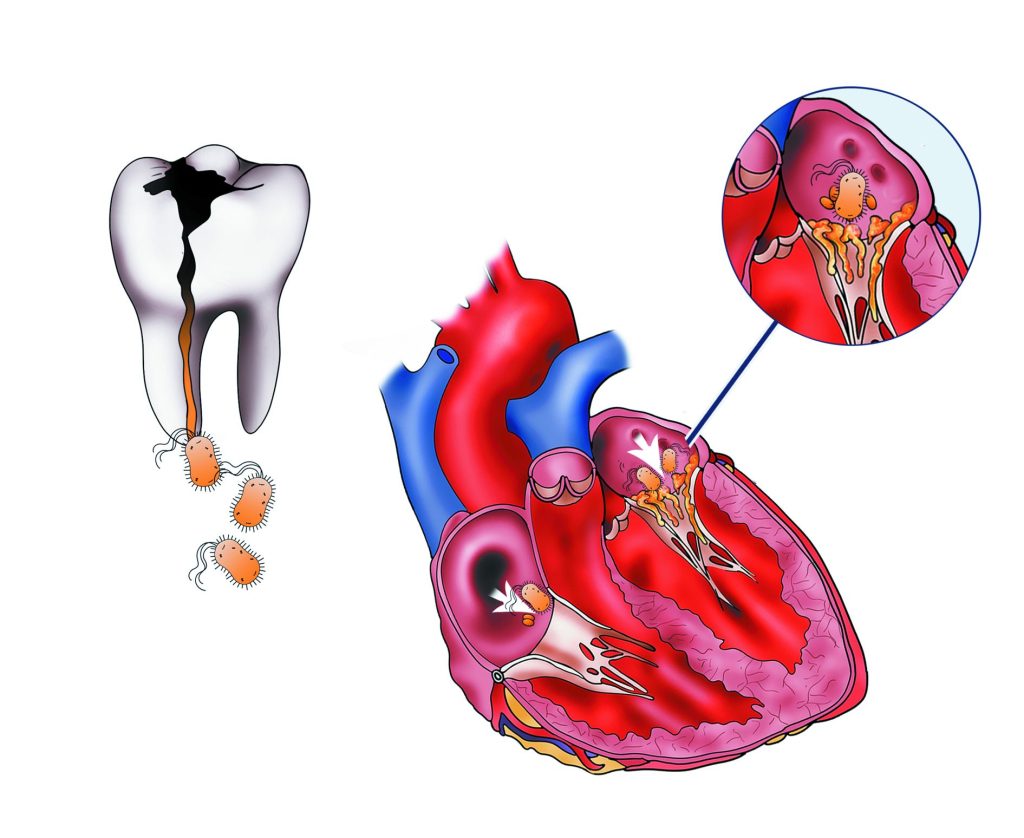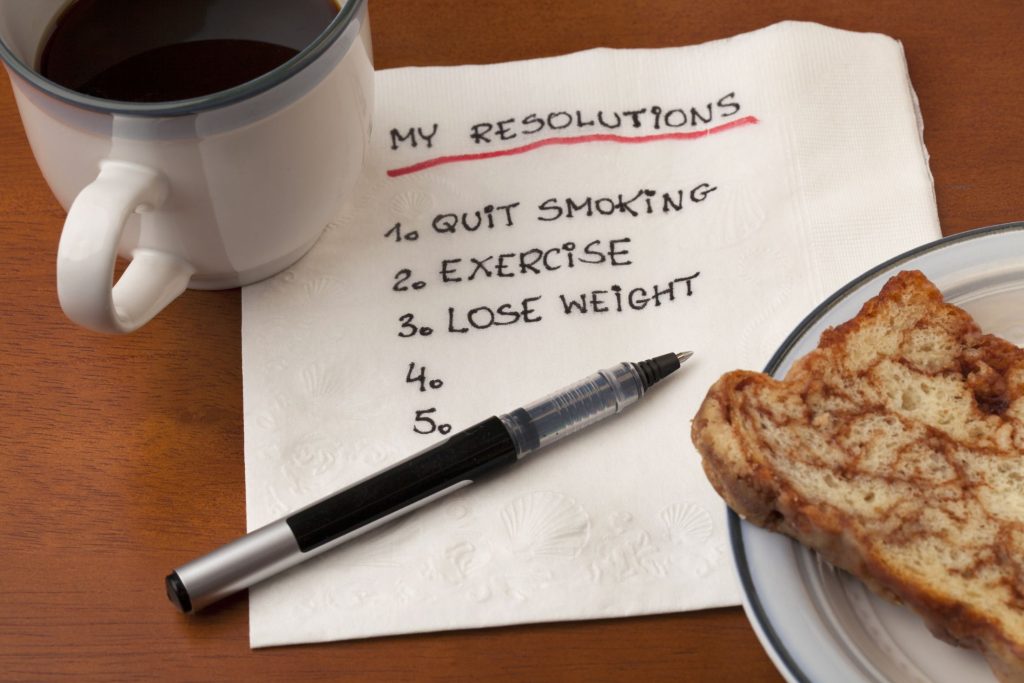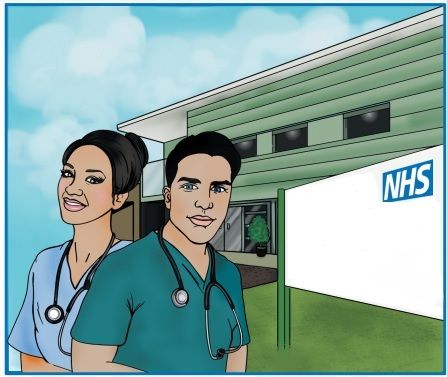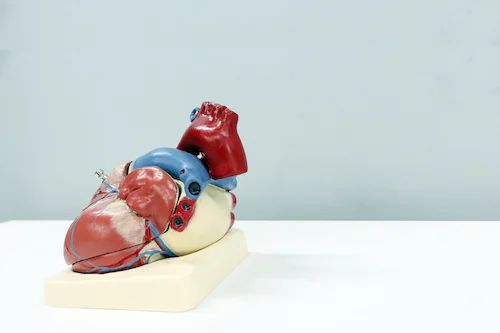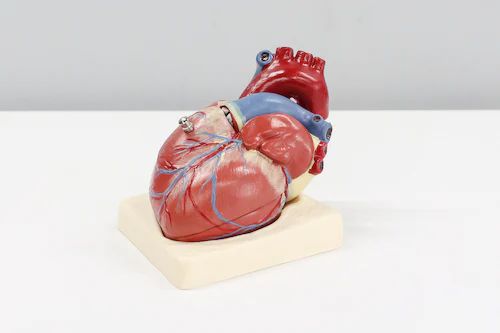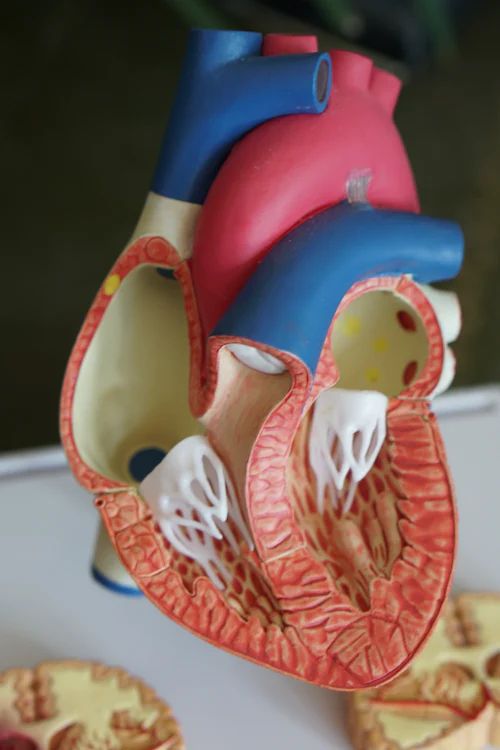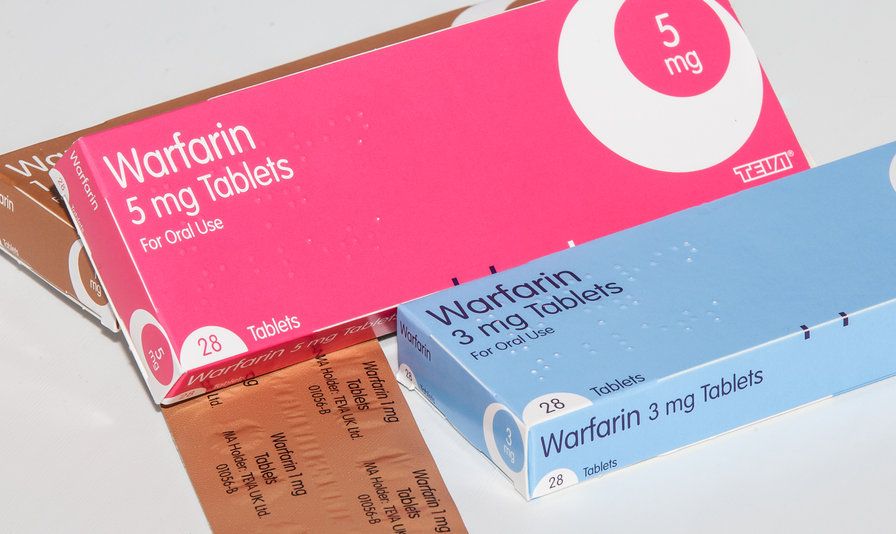Guidelines in heart valve disease management There are many guidelines available regarding heart valve disease management. These are designed for clinicians but may be helpful for you to read. Small details are different according to the guidelines but all offer structured advice to ensure that patients get guideline-directed therapy. Links to the main guidelines can […]
What is endocarditis? Endocarditis is a rare but potentially life-threatening infection of the lining of the heart. It usually affects the heart valves. It affects around 1 person in every 10,000 per year. It is caused by bacteria entering the bloodstream, (usually via the mouth or the skin). Most of these bacteria are killed by […]
Weight matters in heart valve disease Why is weight important in valve disease? Being overweight increases the body’s need for oxygen and worsens the effect of any type of valve disease. Reducing weight can delay and occasionally even avoid the need for surgery. Being severely overweight makes operations more risky and the recovery from them […]
Sadly not all heart valve disease can be treated by keyhole or surgical operations. There are a small set of patients that cannot undergo valvular intervention due to either frailty, technical reasons or other comorbid illness. If symptoms of heart valve disease are not adequately managed by your cardiologist then they may seek specialist help […]
Ahead of surgery Make sure you have had a dental check within the last six months. Good oral hygiene is important, because an infection around the teeth or in the gums can spread to the replaced or repaired heart valve. This would be difficult to treat and often requires repeat surgery. If you are on […]
Mechanical (metal) valve About 20% of all surgical valves used in Europe and the USA are mechanical. A mechanical (sometimes called metal) heart valve is an artificial valve made out of carbon, a material originally developed to coat used radioactive rods taken from nuclear reactors. This material is exceptionally light and strong. Carbon is […]
What is heart valve surgery? Heart valve surgery is a procedure where the surgeon enters the chest cavity and either replaces or repairs the faulty valve. This is almost always performed on a heart-lung bypass machine. The surgeon can access the heart via various routes but most commonly this is done by making an incision […]
Balloon mitral valvuloplasty This is a procedure performed for patients with a condition known as mitral stenosis which is a thickening of the heart valve where the valve does not open normally. Usually only valves that are thickened due to underlying rheumatic fever are suitable for this technique. It is a keyhole procedure which is […]
In most cases patients who have a faulty heart valve that is causing symptoms or strain on the heart will need a valve intervention (either keyhole or surgical) to treat it. In a small number of cases medications can be used to treat the symptoms of heart valve disease such as water tablets (e.g. frusemide […]



